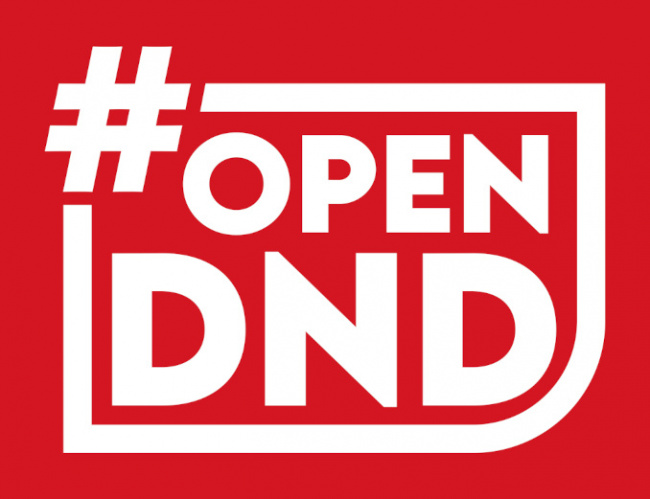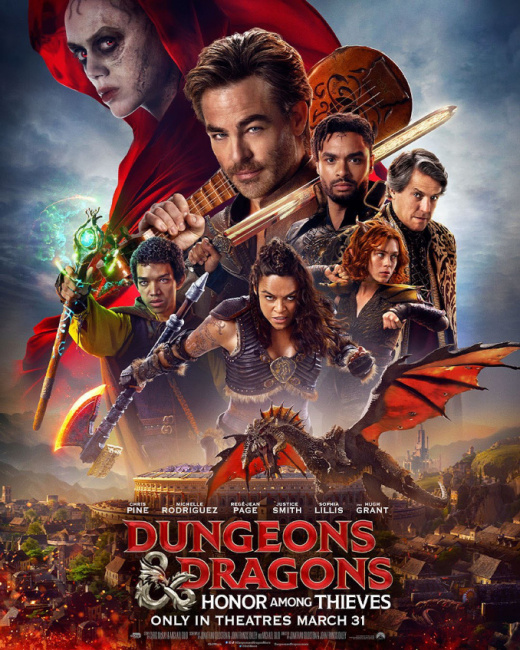A leaked draft of Wizards of the Coast’s new version of the Open Gaming License, which allows independent creators to publish game material using Dungeons & Dragons game mechanics, is causing a furor among RPG designers, publishers, and consumers. The leak was first reported last week on Gizmodo, and a full draft has since appeared online.
The leak came after a Wizards of the Coast post on its D&D Beyond site in December, which stated that a new OGL was coming with the arrival of One D&D, the new version of the game planned for 2024 (see “WotC Will Continue OGL for ‘One D&D’“). While the tone was generally reassuring about the continuation of the OGL, some changes were revealed, including a royalty that would be required for companies selling over $750,000 per year in OGL product.
The leaked revisions to the OGL, which fill in many holes in the original announcement, would dramatically change the landscape for RPG content created under the license. The biggest impacts for the trade will depend on the reactions of the “less than 20” publishers of OGL content that sell more than $750,000 worth of product per year, Paizo largest among them.
In the leaked OGL 1.1 draft, WotC outlines terms of licenses for both non-commercial and commercial use of the game engine. It grants usage for works of third-party creators (defined as copyrighted original creations), but imposes new tiered restrictions and responsibilities on the creators. By agreeing to the OGL 1.1 as leaked, a company would have to report the works they are creating to WotC, and if over $50,000 is generated, the revenue would also have to be reported. The creators making over $750,000 on their OGL-licensed Works would then have to pay a royalty of 20-25% on the excess amount. The royalty is higher on products sold to the trade than on Kickstarter-funded products. Either percentage is far higher than conventional licensing royalties, and would substantially disincentivize publishing of any significant quantities of OGL content by a single publisher.
A second controversial provision of OGL 1.1 grants ownership of the OGL works to their creator, but gives WotC the perpetual, irrevocable right to use their works in any way it sees fit without payment.
A third asserts that the original OGL, despite granting “perpetual” rights to use the game mechanics in products created under it, is no longer in effect and will be replaced by the new license, which WotC can revise with 30-day notice.
A fourth prevents commercial publication for virtual tabletop platforms. Hasbro purchased digital roleplaying companion D&D Beyond from Fandom earlier this year (see “Hasbro to Purchase D&D Beyond from Fandom“).
A fifth would have required OGL publishers to rapidly accept the new terms or cease selling OGL products (the date in the leaked document for acceptance is January 13).
Reaction has been widespread and furious. Mike Holik of Mage Hand Press has set up a website under the OpenDnD monicker, which includes an Open Letter to Wizards of the Coast protesting the leaked OGL terms. The Open Letter demands that WotC revoke the “draconian 1.1 OGL,” and by signing, fans and creators pledge their support for 1.0 OGL.
There are a number of possibilities for how this plays out. WotC may move forward and implement the new OGL as it appears in the draft and attempt to power through the chaos and resentment it would cause. Or they may release a somewhat softened version, shielded from appearing to back down by disavowing the leaked version (could this have been the strategy all along?). Or the actual new version could be something totally different. WotC could also allow larger publishers to sign individual licenses with less draconian terms, removing them from the OGL.
WotC has definitely attracted a huge amount of attention to the OGL roll-out; soon it will become clear which scenario plays out. In its December D&D Beyond post, the company promised to reveal the new OGL in early 2023.
The timing and potentially rapid implementation of a new OGL may have something to do with the upcoming release of Dungeons & Dragons: Honor Among Thieves, due out March 31 (see “Trailer“). There’s the potential for a lot of OGL material to be sold in 2023 and beyond, and WotC may want to tie down rights for that content and begin sharing in the revenue sooner rather than later (the royalty provisions in the leaked OGL kick in January 1, 2024). That would be consistent with the assertion by Wizards of the Coast and Digital Gaming president Cynthia Williams that the brand is “under-monetized” in the Fireside Chat she held with Hasbro CEO Chris Cocks in early December (see “’D&D’ Chat“).Source: ICv2


